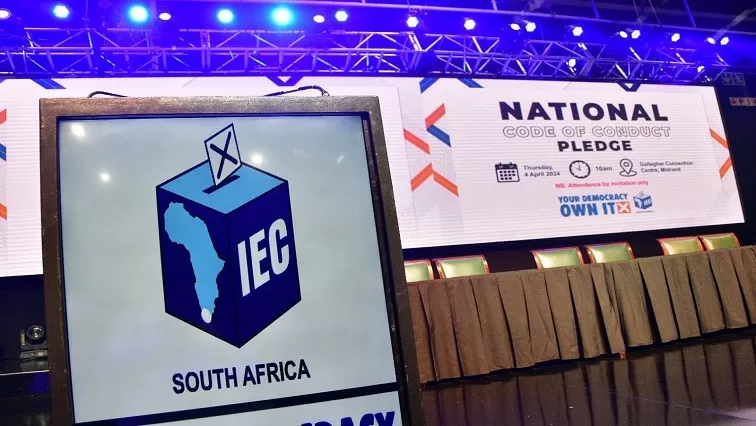The Independent Electoral Commission (IEC) has recently issued a notice to de-register the South African Communist Party (SACP) and 91 other inactive political parties. This decision has caused quite a stir in the political landscape of South Africa.
The IEC has cited non-compliance with the Electoral Act as the reason for this action. It was found that these political parties have failed to submit the required annual reports and pay the prescribed registration fees. As a result, the IEC has deemed them as inactive and no longer eligible to participate in the country’s democratic processes.
The SACP, which has been in existence for over 100 years, has expressed shock and disappointment at this decision. The party’s national spokesperson, Alex Mashilo, stated that the IEC’s decision is unconstitutional and violates the rights of political parties to participate in the country’s democratic processes.
However, the IEC has clarified that this decision is not final and that the affected parties have until the 30th of April to rectify their non-compliance. This gives them ample time to submit their annual reports and pay the necessary fees to remain registered.
The IEC has also emphasized that this action is in line with their mandate to ensure that the country’s political landscape remains vibrant and relevant. Inactive political parties not only waste valuable resources but also hinder the growth and development of democracy in South Africa.
This move by the IEC is a positive step towards streamlining the registration process for political parties and enforcing accountability. It will ultimately benefit the country’s democratic system and ensure that only serious and committed parties are part of the political landscape.
Furthermore, this decision will also provide an opportunity for new and emerging parties to participate in the political arena. With the upcoming local government elections, this will allow for a more diverse range of options for the voters to choose from.
The IEC has assured the public that this decision is not politically motivated and that it is their responsibility to ensure that the electoral process is fair and transparent. They have also urged all political parties to comply with the Electoral Act to avoid being de-registered in the future.
This notice by the IEC serves as a wake-up call for political parties to take their responsibilities seriously. It is a reminder that being a registered political party comes with certain obligations, and failure to comply with these obligations will have consequences.
In conclusion, the IEC’s decision to de-register the SACP and 91 other inactive political parties may have caused some controversy, but it is a necessary step towards a more efficient and accountable political landscape. It is a positive move that will benefit the country’s democratic processes and ultimately the citizens of South Africa.


